CAAS Reacts to the FY24 State Budget Veto Overrides
For the first time since August 9th, the staff at CAAS can breathe a sigh of relief.
In early August, Governor Maura Healey signed the FY24 Budget, giving many advocates well-earned cause for celebration. We would be remiss to overlook the Governor’s decision to fund a free community college program, investments in our schools and student transportation systems, and historic commitments to protect our environment. However, with these investments came the veto of $35 million in early-educator salary support, $1 million in Head Start grants, and over $7 million in Community Action Agency Operating and Outreach funding, along with a host of other cuts to human and social services. While these cuts had direct repercussions for our staff, the blow was particularly difficult for our Community Organizing and Advocacy Program: About $382,000 of the Community Action Agency Operating and Outreach funding that was cut represented half of the 2024 CAAS Community Organizing & Advocacy budget.
It’s no easy task to sit down with a group of incredible staff members and say that half of their team may need to be laid off within the next few months. Since its creation three short years ago, the Community Organizing & Advocacy program at CAAS has managed to engage hundreds of tenants, building a multi-lingual, mult-racial, multi-class base of tenant leaders. They successfully fought for the extension of the Somerville Eviction Moratorium, making it the longest moratorium in the state and ensuring Somerville families stayed housed during a global public health crisis. They’ve helped seven buildings, representing dozens families, organize to stop rent-hikes, prevent evictions, and improve living conditions. Just this year, they were able to help to secure millions of dollars for affordable housing funding in the City budget, and advocated for the successful creation of new positions that will help the city expand housing access, hopefully for years to come. These successes have only been possible because of our staff members who have dedicated their time, energy and skills to cultivating relationships with members of the community. For many tenants, these experiences were their first times participating in civic engagement and collective action. It’s been an especially powerful experience for this historically underrepresented group. The program has not only shown people that they have the ability to advocate for change, but that their voices and experiences matter.
Governor Healey’s veto of the Community Action Agency Operating and Outreach funding was made under the justification that the funding was originally tied to addressing the COVID-19 pandemic, so it was no longer necessary. We disagreed with this assessment for two reasons:
Our Governor failed to consider that while the public health emergency has technically ended, the financial ramifications for our most vulnerable families are far from over. While many workers have been able to return to business as usual, lower-wage workers have not overcome what many view as the temporary financial shock of the pandemic. Families struggling with financial instability before the pandemic were pushed even further into poverty, oftentimes draining any saying they may have had and forcing them into (or further into) debt–debt they are still unable to recover from. Inflation, increasing rents, and lack of high-paying jobs, especially for non-English speakers, have made it even harder for families to survive. The need for supportive services remains high in our communities. To decide they are no longer necessary because others are doing well perpetuates a long history of excluding our most vulnerable neighbors from our picture of society, and creating policies that fail to take their needs into account.
This funding has been long overdue. The Community Action line item was added to the budget in 2020, but it was preceded by almost 20 years of advocacy for its inclusion. Underinvestment into vital systems and programs plagued the Human Services sector for years before the pandemic, especially after decades of cuts to funding at the federal level. Community Action Agencies have relied on the creativity of their staff to stretch scarce resources to meet the immediate needs of their community. Staff have had to reign in their dreams for transformative programs that achieve the true vision of Community Action: To end poverty in our communities. The pandemic funding for these programs created the first opportunity in decades for staff to serve the community at their fullest potential. In the case of the Community Organizing & Advocacy program, each relationship that a staff member builds with a tenant helps create a community leader. Each campaign has the potential to create policies that end the systemic causes of economic injustice. This is what it looks like to invest in the future of our community.
Each of these items have since been restored thanks to our state representatives, who advocated for their restoration in the budget. We owe them, and our community members who voiced their support for these programs, immense gratitude. We especially want to thank the legislators who represent CAAS, and see firsthand the impact this program has had in their district: Senator Pat Jehlen and Representative Erika Uyterhoeven were leaders in earmarking $75,000 for the Community Organizing & Advocacy Program funds in the FY24 Budget presented to Governor Healey. Representative Mike Connolly was an invaluable supporter in this process as well, as was Representative Christine Barber. And of course, we owe our community members who voiced their support for this program immense gratitude. It is because of their belief in a better possible future that we can continue serving our community, helping families achieve their fullest potential, and keep working to achieve our mission: to end poverty in Somerville.

